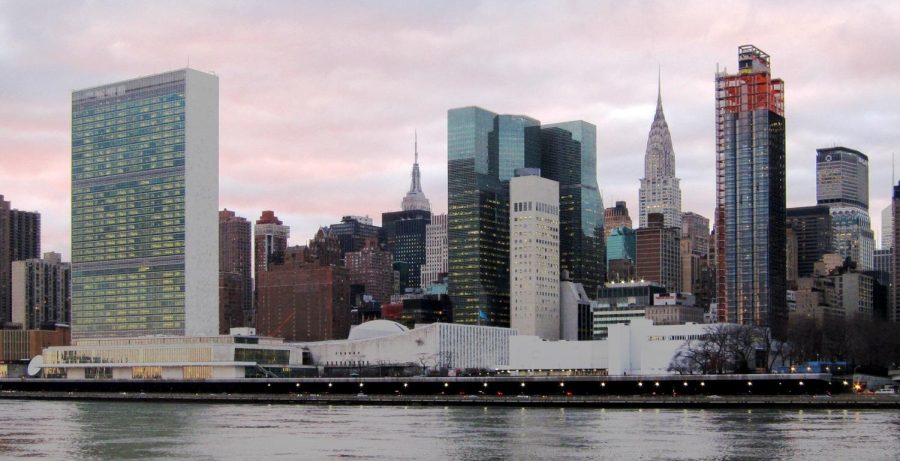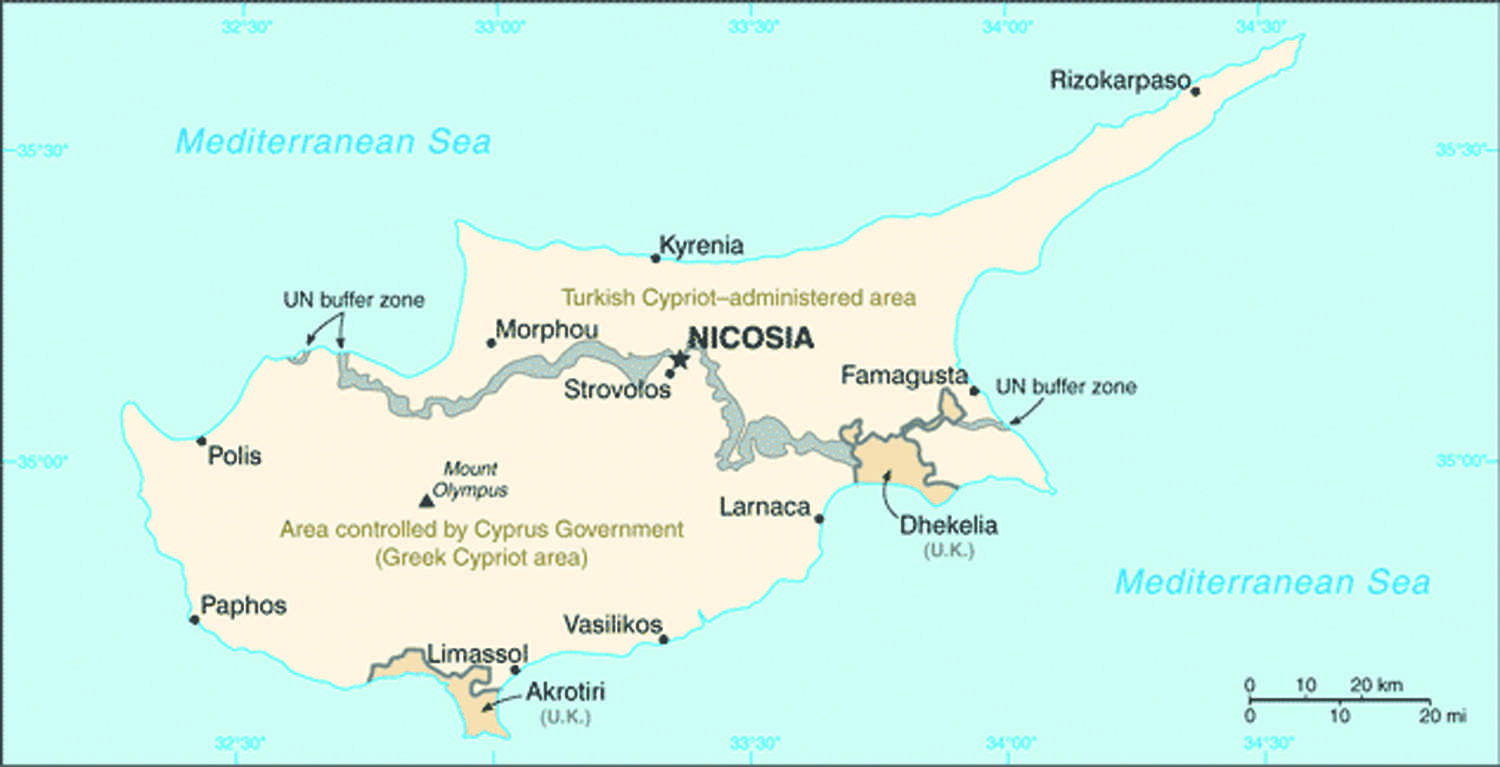Fordham Hosts UN Event for Pope Francis’ World Day of the Poor
The international political economy department introduced the Pope Francis index on Nov. 11 to address the importance of ending poverty
NEPTUUL VIA WIKIMEDIA COMMONS
At this event for the World Day of the Poor, leaders addressed the importance of reducing global poverty and climate change.
November 16, 2022
The international political economy and development department (IPED) at Fordham held an event on Nov. 11 to recognize the World Day of the Poor, a Roman Catholic observance established by Pope Francis in 2016 which is marked annually on Nov. 13. The event took place at the Church Center for the United Nations (UN) and was co-sponsored by the Caritas Internationalis and Catholic Relief Services.
The organizers for the event included Archbishop Gabriele Caccia, permanent observer of the Holy See to the UN; Henry Schwalbenberg, director of IPED at Fordham; María Alejandra Hincapié, Graduate School of Arts and Sciences ’22; and Bill O’Keefe, executive vice president of Catholic Relief Services and the keynote speaker. Brianna Fitzpatrick, liaison to the UN for Caritas Internationalis, moderated the panel.
In honor of World Day of the Poor, the panelists highlighted the pope’s call on nations to take concrete actions in reducing global poverty.
“Too often we participate in the globalization of indifference,” O’Keefe said, reiterating the pope’s own words. “May we strive instead to live in global solidarity.”
On behalf of Fordham, Schwalbenberg and Hincapié first presented the 2022 issue of the Pope Francis Global Poverty Index, a global multidimensional poverty measure. Schwalbenberg summarized the findings of the report, noting that “extreme global poverty is the worst it has ever been since 2016 when the index was first created.” He attributed these findings to four existing categories that reflect the current problem: undernourishment, lack of above-subsistence-level employment, gender inequity and restrictions on religious freedom.
“Based on the most recently available data, we found that serious gaps exist in all seven dimensions,” he said. “They range from a low of roughly 9% to a high of 59% of the world’s population. The global poverty score is currently 26.2%.”
Following the analysis of this report, O’Keefe delivered the keynote address titled “Global Climate Crisis – Pathways for the Poor.” He emphasized that the convergence of increased conflict, the ongoing COVID-19 pandemic, the long-term climate crisis and high inflation rates could “greatly aggravate human suffering, displacement, hunger and poverty.”
At COP27, Biden announced funding for new initiatives to expedite the execution of the Emergency Plan for Adaptation and Resilience (PREPARE), which aims to support more than half a billion people in poor countries to adapt to the effects of climate change.
In his address, he also added that even though we have made “steady progress” toward better living conditions, there are still things that need to be done to ensure that the leaders of the most powerful nation on earth can tackle climate change head on.
“I think there’s an increased consciousness. Even in our own country, which is the last country to accept the reality of climate change, our own experiences are beginning to make a difference,” O’Keefe said, referring to the renewed initiative of U.S. President Joe Biden’s administration to combat climate change in the ongoing session of the UN Climate Change Conference (COP27) in Egypt.
At COP27, Biden announced funding for new initiatives to expedite the execution of the Emergency Plan for Adaptation and Resilience (PREPARE), which aims to support more than half a billion people in poor countries to adapt to the effects of climate change. Efforts include the allocation of $100 million to the Adaptation Fund (AF) and $150 million to the Africa Adaptation Initiative (AI).
According to O’Keefe, the first step to allocate $100 million for global adaptation to climate change requires increased funding for climate adaptation. Adaptation is the process of adjusting to the current and future impacts of climate change, whereas mitigation entails dealing with the root cause. O’Keefe said that rich countries such as the U.S are “doing worse on adaptation than mitigation” and not doing enough to help the most vulnerable nations.
The second step, which allocates $150 million for disaster emergency response across countries in Africa, requires governments to be accountable for their climate impacts and participate responsibly in addressing the issue of “Loss and Damage.” Public climate finance must be provided in the form of grants rather than non-concessional loans, and O’Keefe noted that the already existing gap between core and periphery countries when it comes to making decisions about climate change must lessen.
Echoing the statements of Schwalbenberg, O’Keefe continued by highlighting that nations in the Horn of Africa, Southeast Asia and the Middle East are the most harmed by the impacts of climate change due to minimal basic infrastructure and humanitarian assistance.
“I believe that the arc of history does bend towards justice, but that it requires people to bend it.” Bill O’Keefe, executive vice president of Catholic Relief Services
O’Keefe also recounted stories about local people taking action on domestic problems in nations like Somalia, Afghanistan and the Philippines to inspire the audience to take action on issues of climate change and poverty. He concluded his presentation by stating that it is “a moral and ethical imperative” for nations such as the U.S. to support those least responsible and capable in handling such issues.
“I believe that the arc of history does bend towards justice, but that it requires people to bend it,” O’Keefe said. “It all depends on the actions that individuals, families and communities take which will make a difference in the long run. It’s up to us.”














